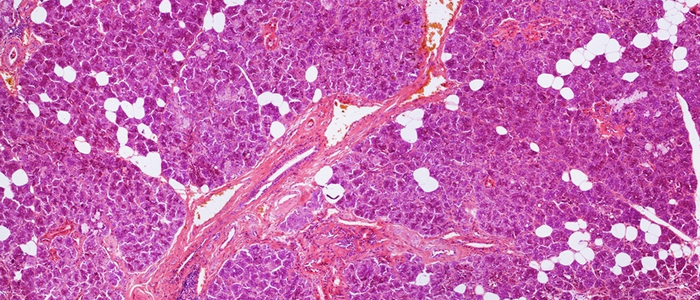
Salivary Gland Infection
You may not think twice about your salivary glands until you feel your mouth watering at the sight of a delicious dish in front of you. These glands produce saliva, which helps break down any food that you eat in order to help your body better process those foods. Saliva also helps reduce the amount of bacteria in your mouth and forces bad bacteria out of your body. A salivary gland infection can cause an abscess to form around that gland, make it difficult for you to chew or swallow, and lead to other more serious complications.
Causes of Infections
The most common cause of a salivary gland infection is from staph bacteria. This type of infection most commonly occurs in people with a dry mouth due to medications, dehydration, or surgery, among others. Other causes of this type of infection include improper nutrition, dehydration, poor oral or dental hygiene, salivary stones, and a blocked duct.
Infection Symptoms
Before you meet with an ear, nose and throat specialist, you might look at the common signs of a salivary gland infection to see if you show any of those symptoms. Many patients experience redness and inflammation along the jaw, neck, and near the ears. Pain with eating is another hallmark of a salivary gland infection. Some patients have an odd taste in their mouth that makes it hard for them to eat. This taste can be slightly bitter or even foul. As the infection grows, you'll likely have a hard time chewing or even opening your mouth all the way. Other symptoms of a salivary gland infection may include jaw pain, dry mouth. or pockets of pus inside your mouth.
Salivary Gland Infection Diagnosis
The first step in getting a diagnosis is with a visit to an ear, nose and throat specialist. The ENT will conduct a visual inspection of your glands and mouth to look for signs of blockages. Depending on your medical history and the possible causes of the infection, the specialist may recommend that you go through some other tests, including a CT scan or an ultrasound. The ultrasound will allow the doctor to get a closer look at your glands and identify anything that might block those glands.
Ear, Nose and Throat Treatments
If you developed an abscess, the ENT will need to use a thin gauge needle to drain the abscess before sending you home. Rarely, surgery may be necessary. You will generally get prescriptions for antibiotics. In patients who suffer from constant infections that return every few months, the ENT may recommend surgery. As there are some severe complications that can arise as the result of a salivary gland infection, you should make an appointment with an ear, nose and throat specialist at the first sign of any symptoms.

